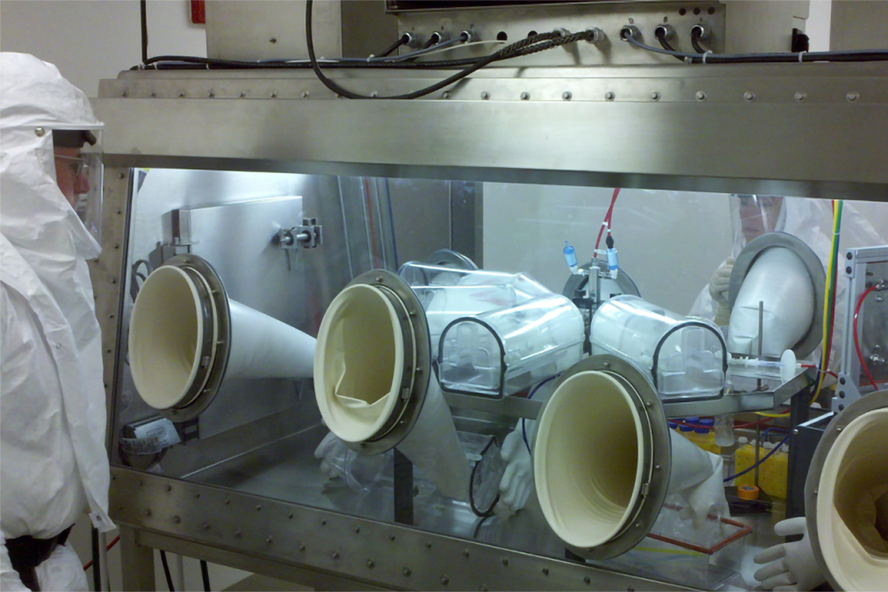
Resources
Tufts New England Regional Biosafety Laboratory has many resources available to regional investigators—including scientists from academia, not-for-profit organizations, industry and government.
Tufts New England Regional Biosafety Laboratory (RBL) is a 41,000 square-foot resource available to researchers in industry, academia, government and not-for-profit, dedicated to the study of existing and emerging infectious diseases, pandemic preparedness, toxin-mediated diseases and medical countermeasures important to biodefense. BSL-2 and BSL-3 lab space with access to state-of-the-art equipment is available to researchers on a monthly/annual basis – or studies may be conducted with support from experienced RBL personnel on a fee-for-service basis. Investigators in academia, not-for-profit organizations, industry, and government studying biodefense and emerging infectious diseases may establish collaborative work with RBL researchers or request the use of the high containment space at the RBL. Complete an inquiry form here and submit to nerbl@tufts.edu.
The RBL has laboratories and vivarium space for work with risk groups 2 and 3 agents. In addition to A/BSL-2 and A/BSL-3 suites, the facility also features an aerobiology suite.
Investigators at the RBL, which include members of Cummings School Department of Infectious Disease and Global Health, are experienced in many areas of research including the biology, transmission, prevention, diagnosis and treatment of infectious and toxin-mediated diseases associated with NIAID priority pathogens, food and waterborne illnesses, as well as food and water security. The RBL is available as a resource to investigators from other academic institutions, not-for-profits and the private sector, in New England and nationwide.
Cummings School considers Tufts New England Regional Biosafety Laboratory as one of its key research resources and has welcomed community perspectives and dialogue as the laboratory and its programs have developed. The FAQ and Safety and Security pages have additional information, and you can contact us with questions at nerbl@tufts.edu.
Cummings School has established committees to regularly communicate with Grafton residents, civic leaders and town officials about areas of mutual interest and to assure all research protocols on its campus adhere to applicable federal and local safety regulations. These committees are:
A Tufts Grafton Liaison Committee was established in 2005 to discuss issues of local government and university interest. This group now meets as needed to discuss major issues of mutual concern. The Grafton Liaison Committee is currently comprised of the town administrator and two members of the board of selectmen, the university’s VP for University Relations, Cummings School Dean, Executive Associate Dean, and Senior Campus Planner.

Tufts New England Regional Biosafety Laboratory has many resources available to regional investigators—including scientists from academia, not-for-profit organizations, industry and government.
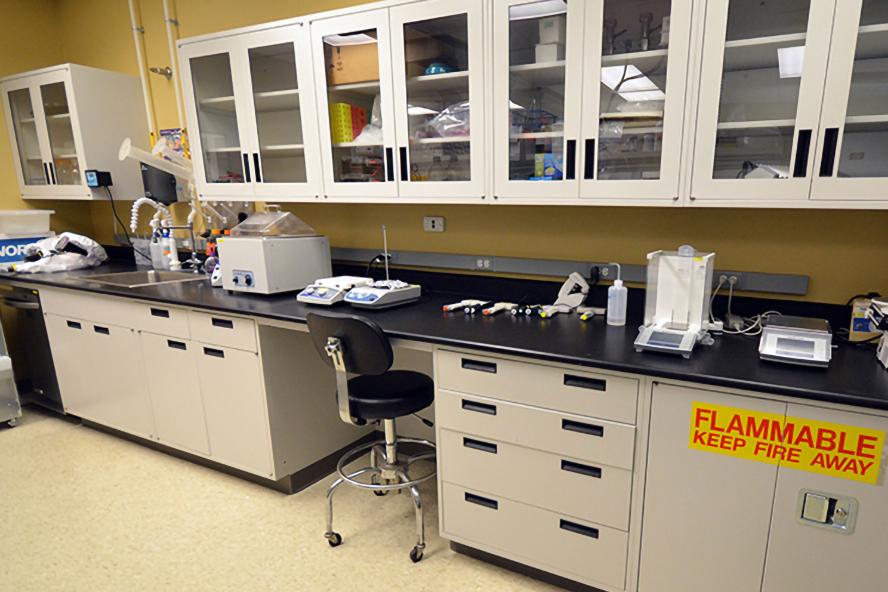
Tufts New England Regional Biosafety Laboratory is a regional resource that will allow researchers to improve public health through better detection, prevention and treatment of infectious diseases.
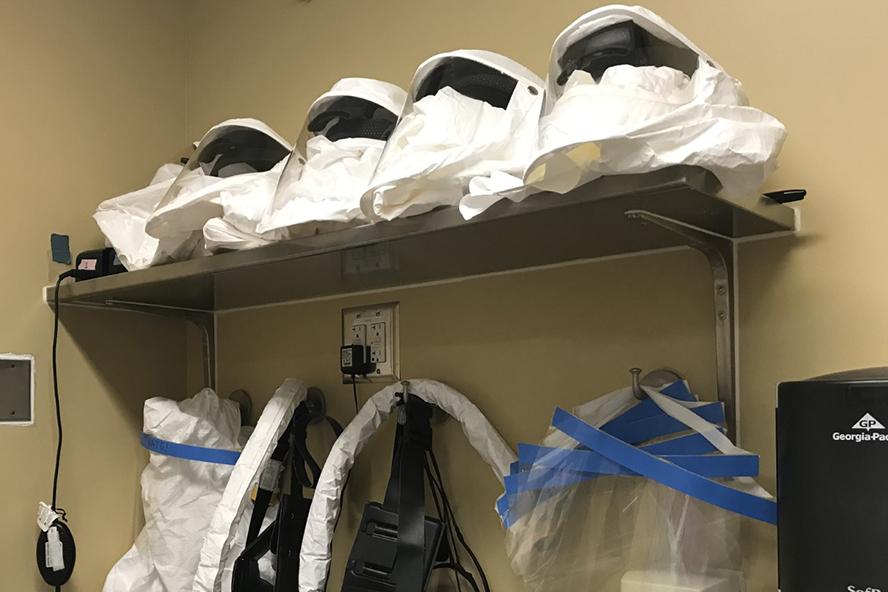
Tufts New England Regional Biosafety Laboratory and Department of Infectious Disease and Global Health operate within a rigorous biosafety and security infrastructure managed by Biosafety and Public Safety offices of Tufts University.
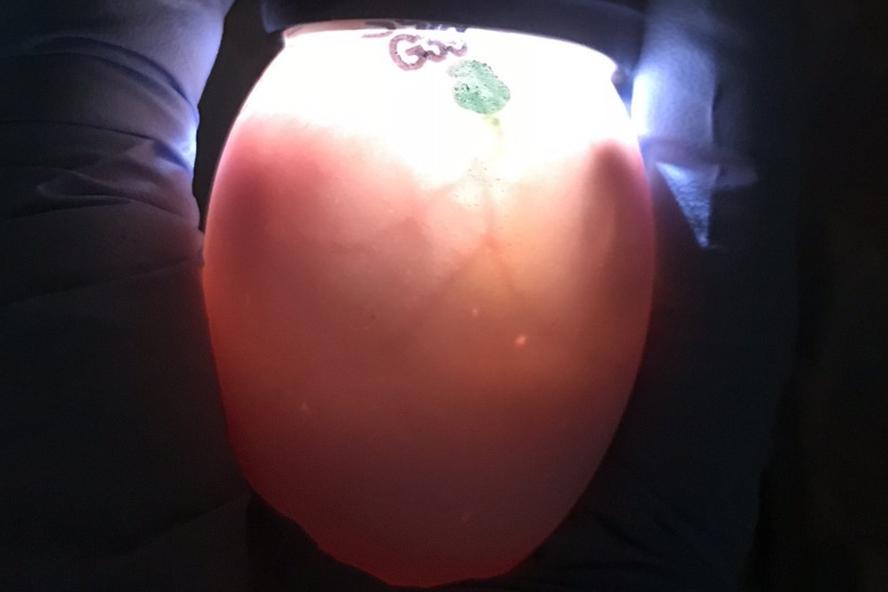
What is being studied at Tufts New England Regional Biosafety Laboratory?
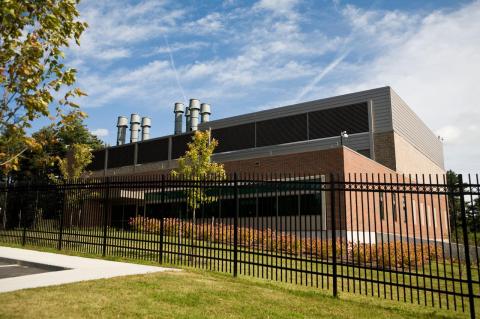
Tufts New England Regional Biosafety Laboratory
3 Discovery Drive
N. Grafton, MA 01536
email: nerbl@tufts.edu

